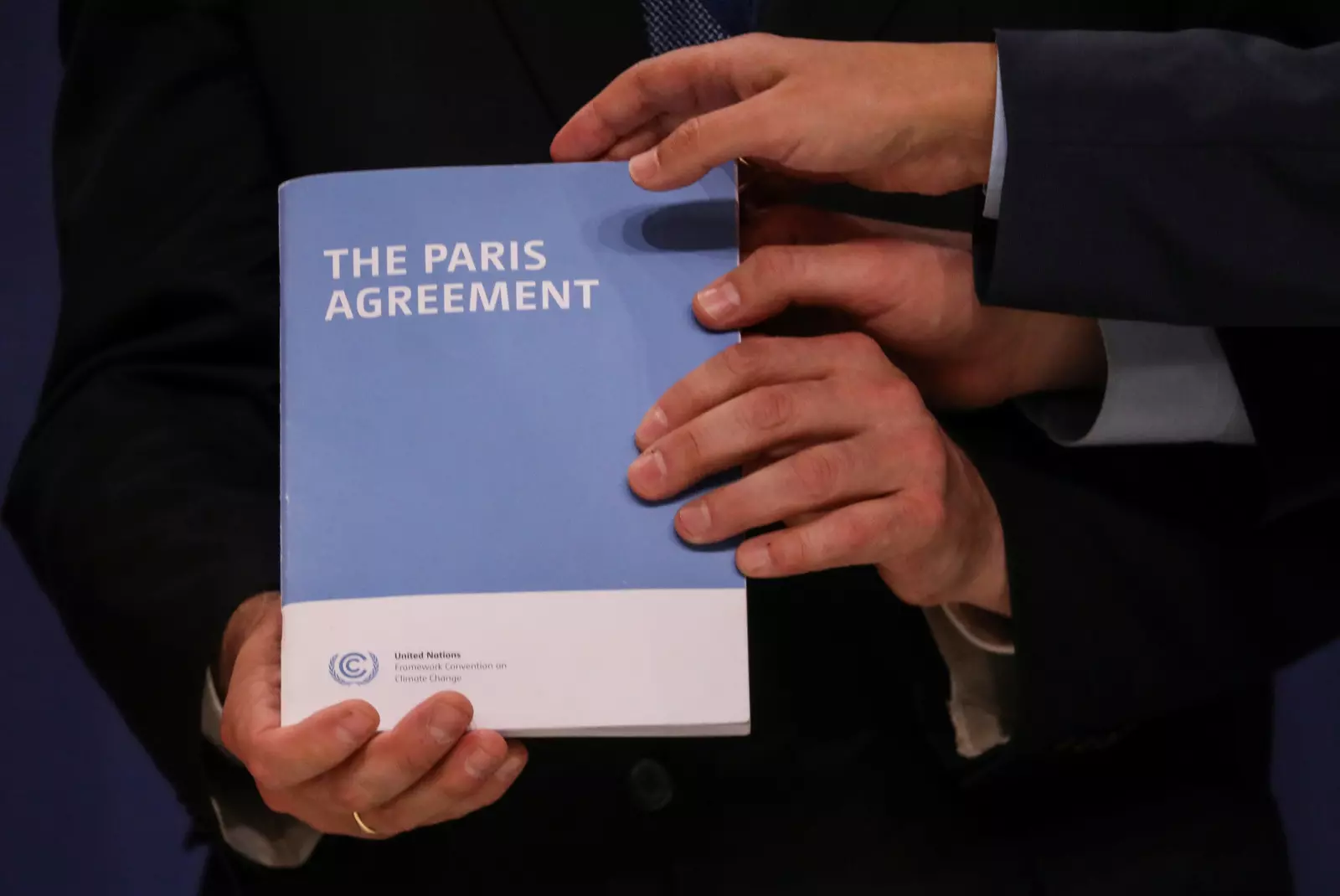
Paris Agreement
The Paris Agreement” from the United Nations Framework Convention on Climate Change (UNFCCC) website. The Paris Agreement is a landmark international treaty that was adopted at the 21st Conference of the Parties (COP21) in December 2015.
The Paris Agreement aims to strengthen the global response to the threat of climate change by limiting global warming to well below 2 degrees Celsius above pre-industrial levels and pursuing efforts to limit the temperature increase to 1.5 degrees Celsius. To achieve this goal, the Paris Agreement sets out a framework for countries to reduce their greenhouse gas emissions, increase their resilience to the impacts of climate change, and support developing countries in their efforts to do the same.
Some key elements of the Paris Agreement include:
- Nationally Determined Contributions (NDCs): Each country is required to submit an NDC outlining its contribution to the global effort to reduce greenhouse gas emissions.
- Global Stocktake: A process for regularly assessing progress towards the goals of the Paris Agreement.
- Adaptation: Each country is required to develop and implement adaptation plans and measures to address the impacts of climate change.
- Finance: Developed countries are required to provide financial resources to support developing countries in their efforts to mitigate and adapt to climate change.
The Paris Agreement represents a significant step forward in global efforts to address climate change and has been ratified by nearly 200 countries. This document provides important information about the goals, mechanisms, and implementation of the Paris Agreement.
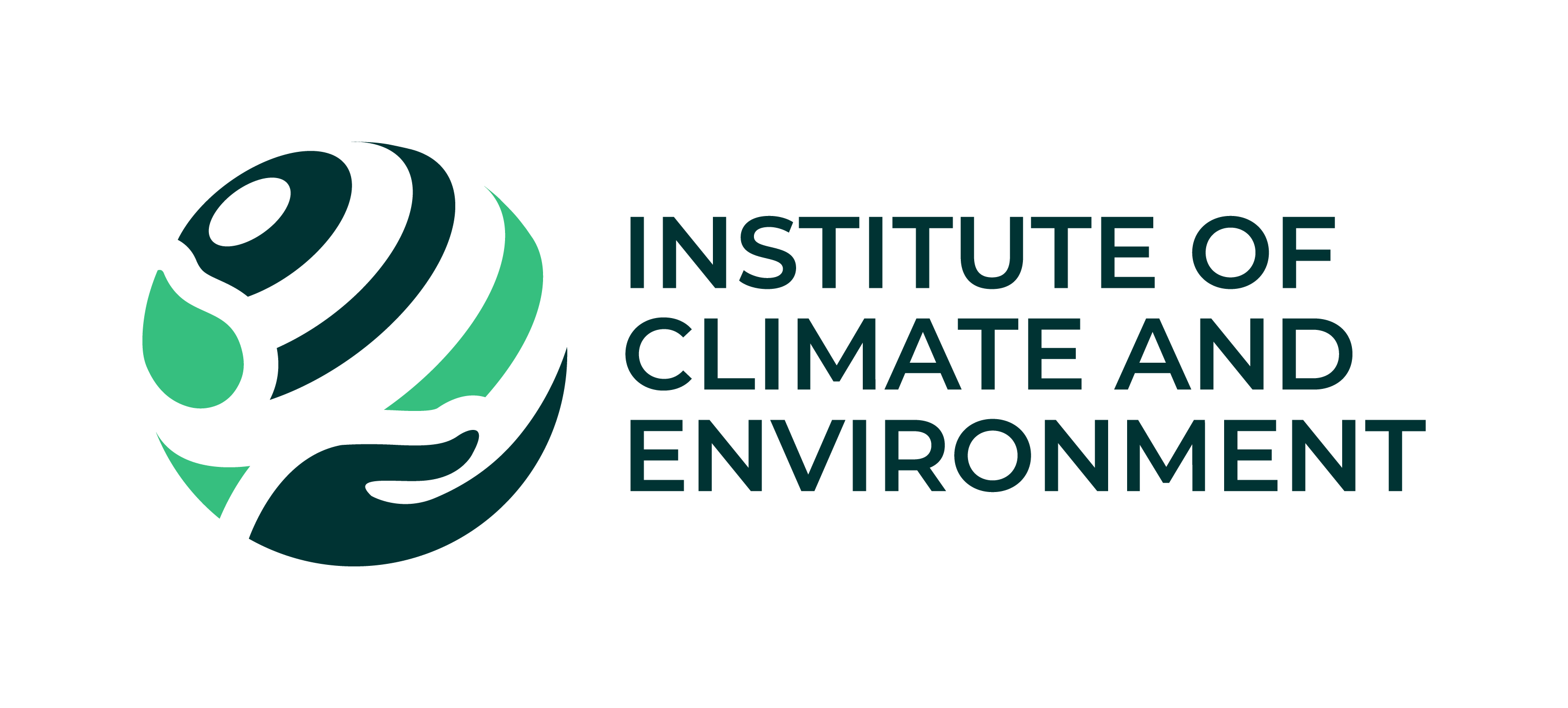
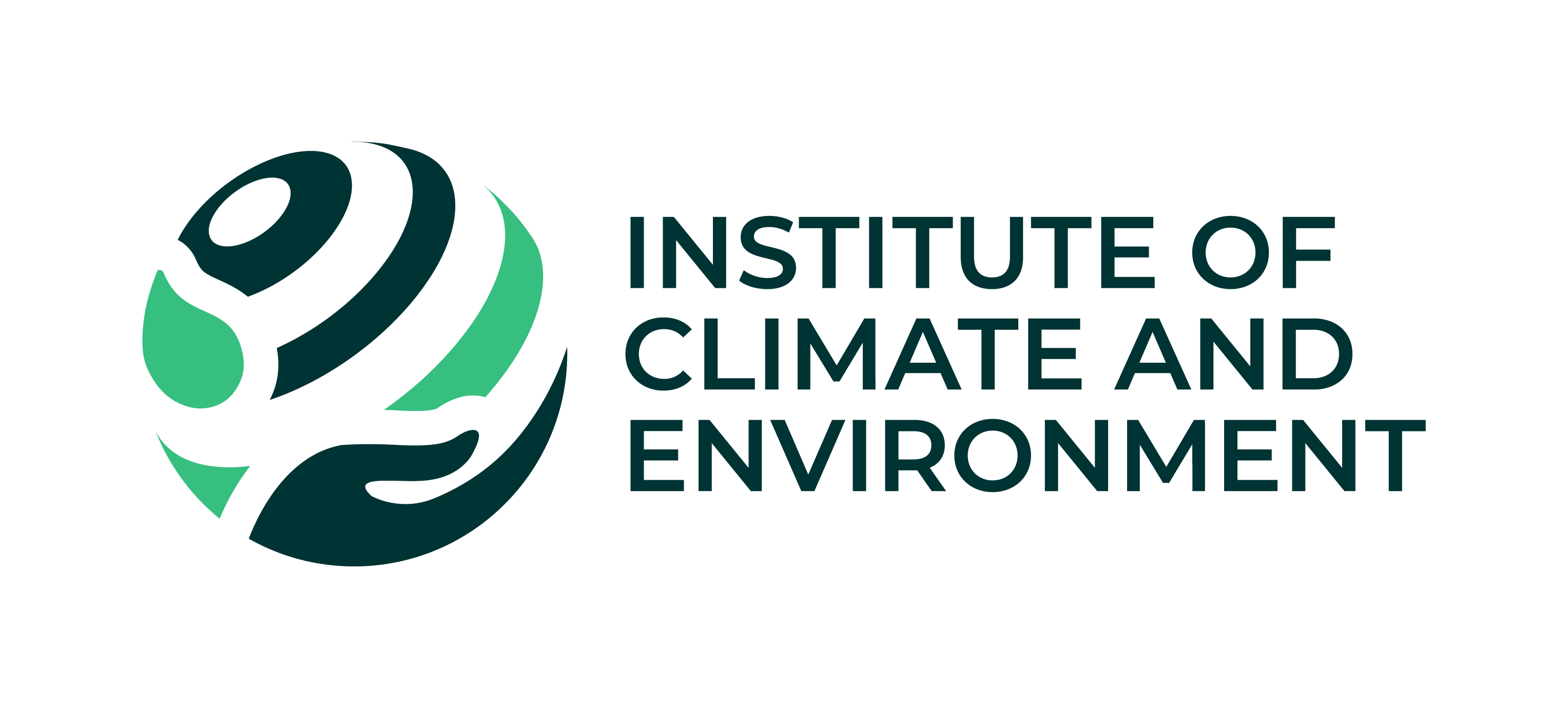

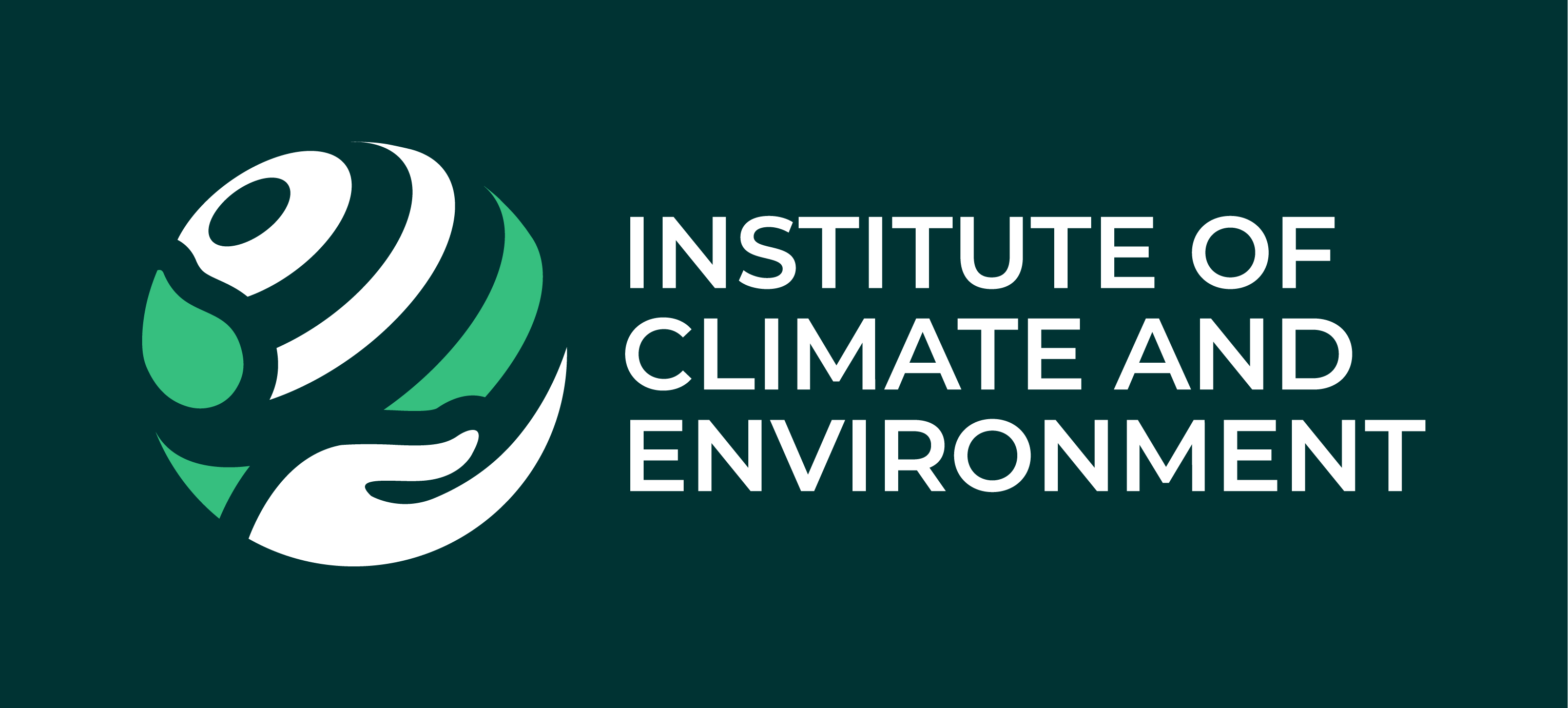
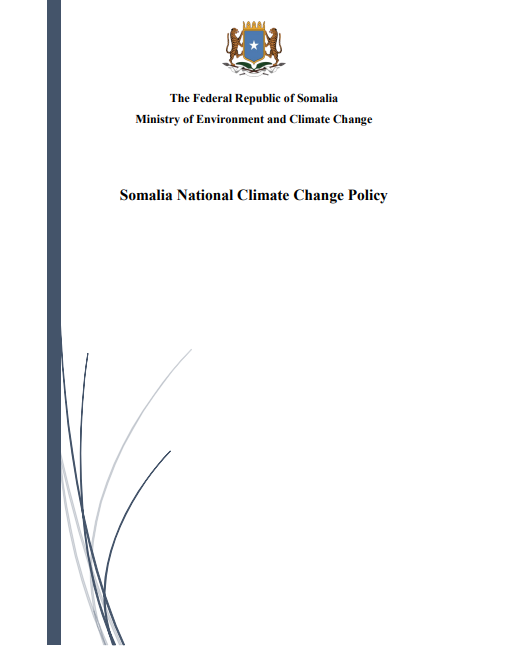
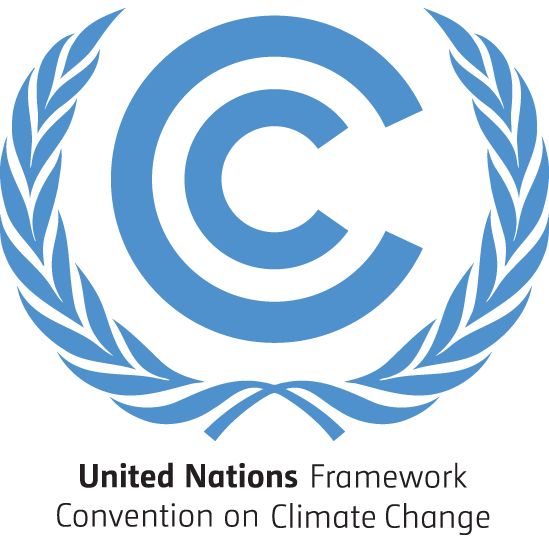

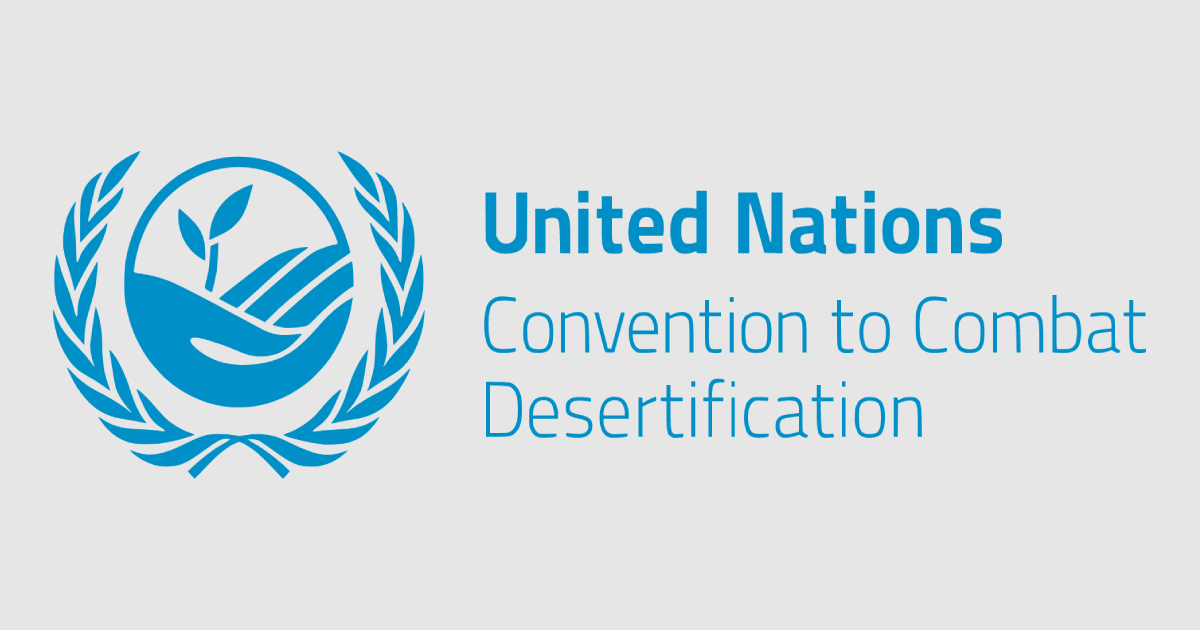
Leave a comment